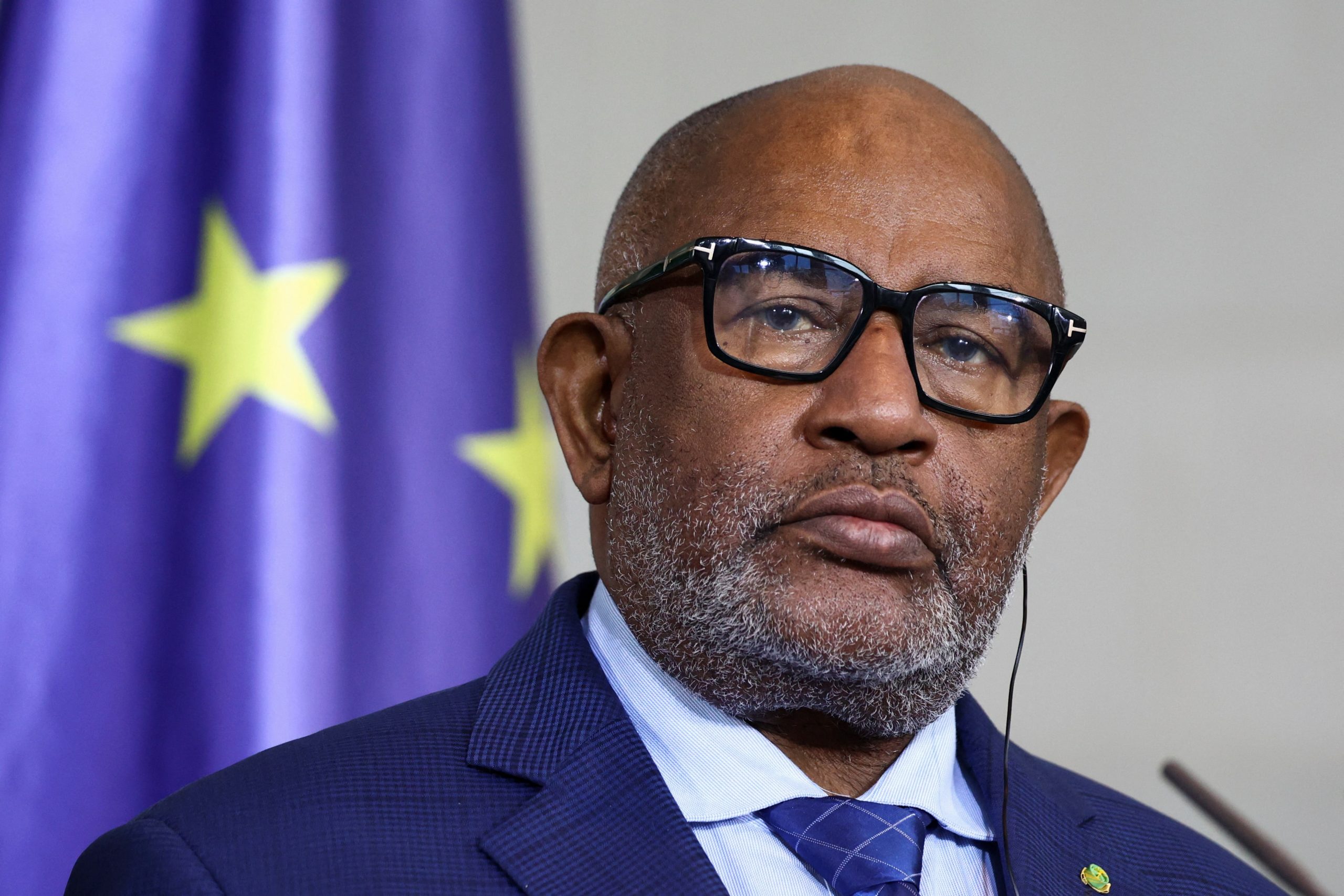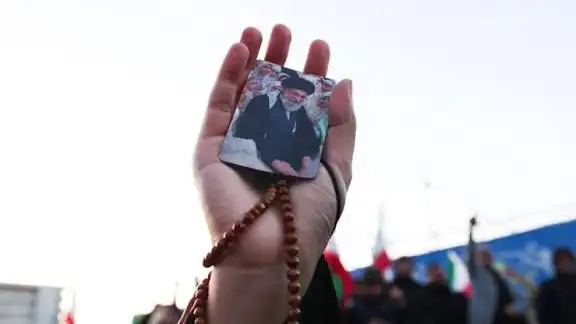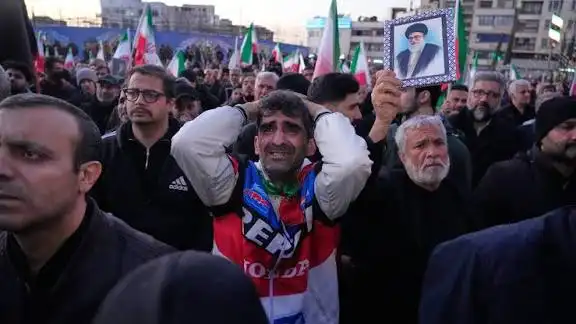Comoros President Azali Assoumani publicly announced his intention to transfer power to his son, Nour El Fath, upon the conclusion of his term in 2029. Addressing supporters on the island of Mohéli, Assoumani stated, “I will place my son to replace me as head of the state and the party.
This declaration has intensified concerns among opposition groups, who view it as confirmation of a dynastic succession plan. Abdallah Mohamed Daoudou, spokesperson for the opposition coalition, remarked, “With this statement, he has only made official what we already knew. But Azali is deluding himself; the Comorian people and politicians will not accept the installation of a dynastic power or a monarchy in the Comoros.”
In response to these allegations, the Comoros government has denied any intention of hereditary succession. A government spokesperson clarified that Assoumani’s comments referred to all citizens as “children,” a common term in Comorian culture, and not specifically to his son. The government emphasized that Assoumani has previously rejected the idea of family succession, stating that any successor must come from Anjouan, in accordance with the constitutional rule of rotating the presidency among the three islands.
The controversy surrounding Assoumani’s succession plans has been further fueled by his actions in recent years. In August 2024, he granted his son, Nour El Fath, significant new powers, including the authority to approve all decrees issued by ministers and governors before they are officially published and enacted. Critics argue that this move effectively elevates Nour El Fath to a position resembling that of a de facto prime minister, consolidating power within the Assoumani family.
These developments have raised broader concerns about the political trajectory of the Comoros, a nation with a history of political instability and numerous coup attempts since its independence from France in 1975. The potential establishment of a dynastic rule could have significant implications for the country’s democratic institutions and governance structures.
As the 2029 presidential election approaches, the Comoros faces critical questions about its political future and the preservation of democratic principles. The international community continues to monitor the situation closely, emphasizing the importance of transparent and fair electoral processes to uphold the nation’s democratic integrity.












Wow, dynastic succession in Comoros? Is this a step forward or backward for democracy? Lets discuss!
This seems like a blatant disregard for democracy! What happened to fair elections and merit-based leadership? Thoughts?
This dynastic succession plan in Comoros seems like a step back in democracy. Should leadership really be passed down like a family heirloom?
This move raises concerns about democracy in Comoros. Are dynastic successions healthy for a countrys political landscape? Lets discuss!